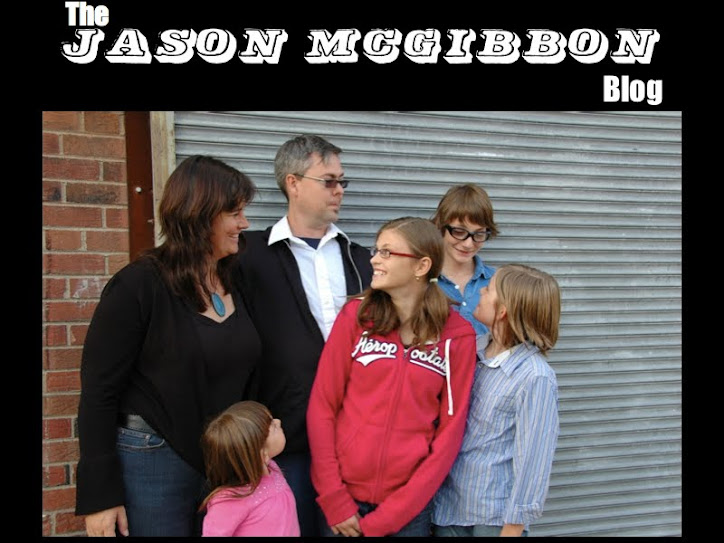
I caught the first part of an interview on CBC's Ideas the other night. The interview was with Denis Dutton, The Art Instinct: Beauty, Pleasure and Human Evolution. Dutton looks at art from a evolutionary psychology perspective, arguing that the love of beauty is inborn and shaped by evolution. The Washington Post summarized his perspective this way: "The premise of Dutton's work is that this instinct for art isn't an accident. Instead, he argues that our desire for beauty is firmly grounded in evolution, a side effect of the struggle to survive and reproduce."
After hearing the interview on CBC, I found myself thinking about how we all truly see the world through specific filters, or presuppositions. We approach the way we see everything with certain preconceived ideas that often lead us to observations and conclusions about the way things are that directly align with those ideas. It is amazing to me to see how wide ranging the theory of evolution has become. It is no longer simply a debate in the scientific realm with those discussing the origins of life and the universe. It has become a worldview through which all things are considered and explained, even going as far as to explain art.
Anyone who knows me, knows that I rarely enter into the evolution/creation debate. I don't find it particularly helpful or edifying, and the very antagonistic debate between those at the far end of the science/faith spectrum is unhealthy. That debate also fails to recognize that there is a spectrum between the two antagonistic poles, along which the discussion between science and faith often happens in a far more healthy, productive and civilized fashion. Perhaps it is because I am a person of faith and an artist, however, that I was intrigued by the ideas from this interview and would like to share a different perspective.
I have not read the book, and I recognize that a radio interview cannot contain the fullness of the ideas in the book. But in response to the general premise that art is grounded in evolution, I would offer an alternative idea. I fully admit that I too come to the discussion with a presupposition, the existence of a creator God and that I would describe myself as having a biblical worldview. With this in mind I look to the opening chapters of Genesis, the first book in the bible and see the inspiration and the explanation for an innate desire to create within the human race. The opening words of Genesis state that "In the beginning God created..." and what follows is a very poetic account of how the universe was created by God. Some of the key ideas that flow from these verses are that God exists, that God created everything and that God did so with intentionality and design. It is here that I see the inspiration for the creative desire. The one who created the universe, including humans, was Himself the ultimate creator. Because of this fact we can believe that creativity has value and is worth pursuing.
Those opening chapters of Genesis also inform us that God "created man in his own image, in the image of God he created him; male and female he created them." (Genesis 1:27) If humans were created in the creator God's image, then it logically follows that humans too would have such a desire to create.
We can see therefore, that the inspiration and explanation for the innate desire within the human race to create is God Himself, in whose image we have been created. The reality of sin, which affects all of fallen humanity, is certainly at work and can be evidenced by much of the art that is created. This does not change the reality, however, that creativity within the human race can find both its inspiration and its explanation in God himself, creator of the universe and in whose image we have all been created.





No comments:
Post a Comment